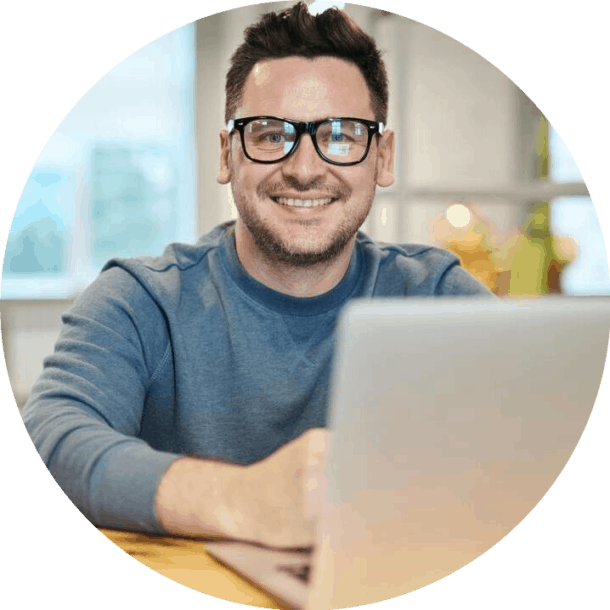
Quicksand of Agroaphobia, by Diane Mengali
We had a wonderful talk with Diane Mengali, author of The Quicksand of Agoraphobia. She was very warm and open in sharing her experience, for which we are very grateful. We have revised the interview into four parts, to be released monthly. This is the second post. To read the first, click here. Keep reading to get a sense of what she learned in the course of her experience and treatment. (Edited for length)
[bctt tweet=””The ‘what ifs’ put me in the future and the ‘if onlys’ keep me stuck in the past. If I stay in the present, I can’t be in either the future or the past” -Diane Mengali” username=”BehaviorChange_”]
– What did you find most helpful about your treatment? What didn’t work for you in the treatment?
Because I had my first panic attack in 1967 and didn’t find a therapist until 1987, I was desperate for help. Though elated to find help, I was also terrified to pursue it, scared of what I might have to do to get better. So I stared at the phone number sit on my desk for two weeks before calling. I had read a lot about panic disorder and I thought that by reading enough about panic disorder, I could fix myself. But it didn’t work. Reading helped me understand the problem intellectually, but it was no substitute for personal interaction. I went to therapy weekly for two years, then I took a year-long break. After the break, I started again with a new therapist who I saw weekly for two years. The second therapist was a bit more warm and compassionate than the first. From both of them, I learned many things, including the following:
- I wasn’t losing my mind; I had a diagnosable illness that could be treated.
- There is a connection between childhood trauma and the development of panic disorder, along with the possible genetic predisposition toward anxiety and depression, which made sense after seeing my mother’s behavior.
- I listened to relaxation tapes & learned to scan my body for tension.
- I learned to identify negative thinking patterns & to practice replacing them with rational thoughts.
- The intensity of my OCD diminished when I learned about magical thinking and understood that I don’t have the power to alter outcomes by repeating behaviors and worrying.
- I learned to be kind and patient with myself and not to beat up on myself for the things I couldn’t do.
- I learned to identify my feelings and understand the impact they had on my behavior.
- Once I learned coping mechanisms such as relaxation and rational thinking, I was ready to put my knowledge into action and begin to practice doing the things I had been avoiding for years. This took tremendous persistence, weekly guidance, understanding setbacks, belief in myself, the willingness to accept a progress composed of small steps, and an understanding and helpful partner.

Though I’d been in therapy for four years, I eventually ended up seeing a psychiatrist. From her I have learned that life is much more survivable if I stay in the present. She has taught me mindfulness. The “what ifs” put me in the future and the “if onlys” keep me stuck in the past. If I stay in the present, I can’t be in either the future or the past. At the beginning of every session, she reminds me that WORRYING DOES NOT SOLVE PROBLEMS. DO WHAT YOU CAN ABOUT A PROBLEM, THEN STAY IN THE MOMENT.
To read more of her story, you can visit her website here, or take a look on Amazon here.
0